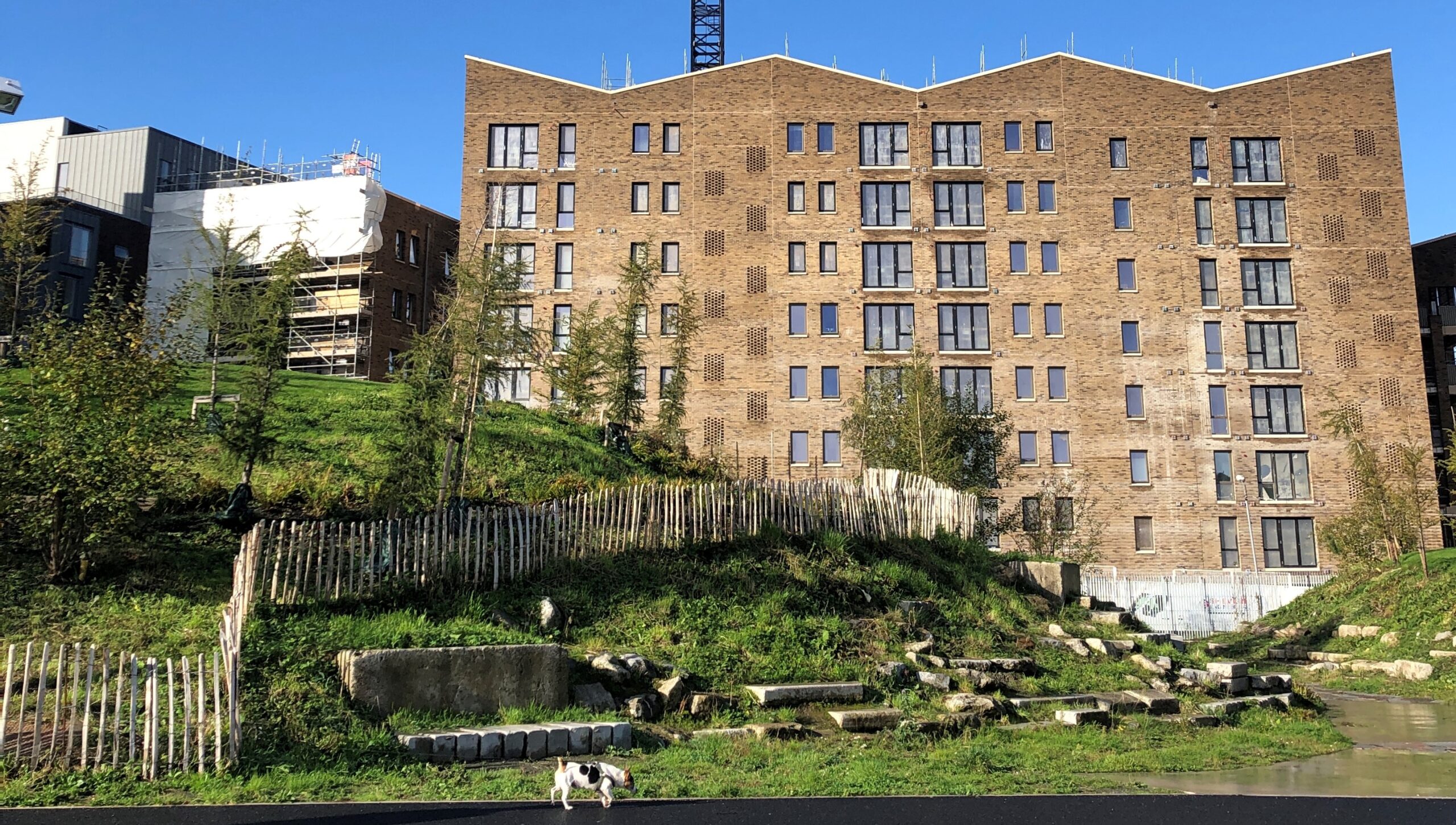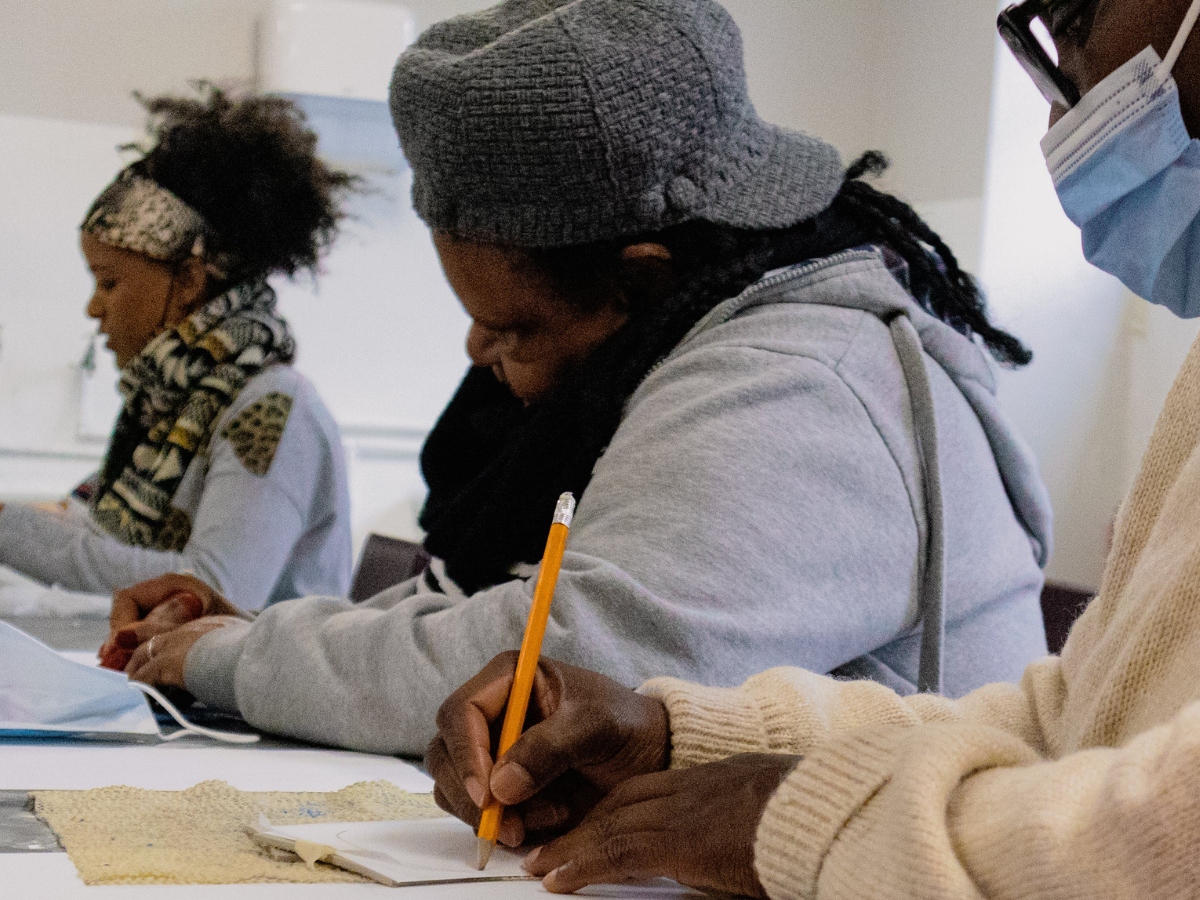
Rehabilitating Vacancy
Most people identify vacancy and dereliction based on how something looks – whether it is run down, in poor condition, or unoccupied. While this is undoubtedly a quick way of spotting buildings and sites in need of attention, it excludes properties that might be vacant or derelict but don’t match these subjective aesthetic registers – perhaps not visible from street level or where exteriors are maintained. In some cases, a neighbour might mow the lawn of an adjacent vacant home to avoid it becoming an eyesore. Likewise, vacant units in apartment buildings can be especially difficult for anyone assessing vacancy from the street level.










